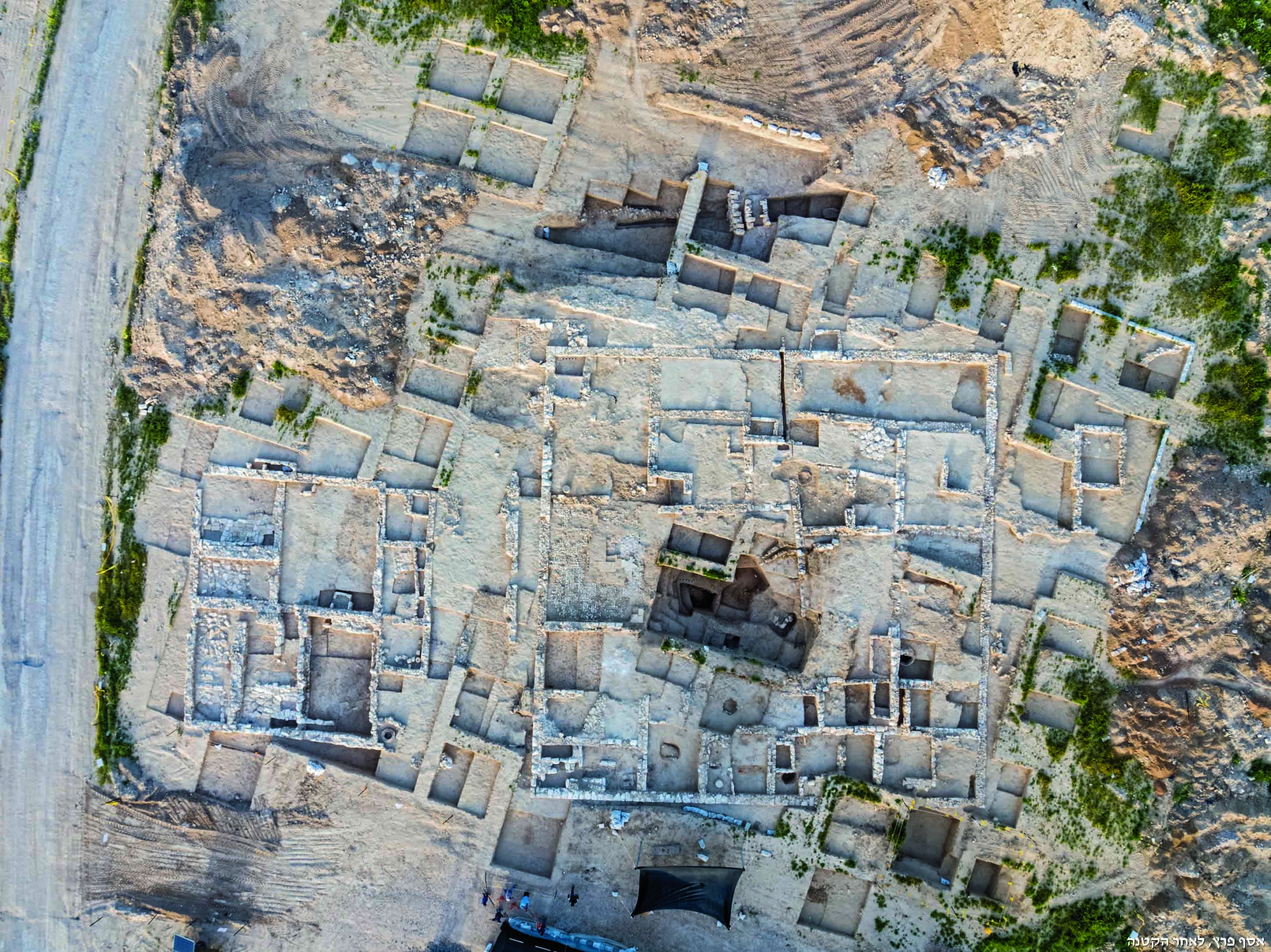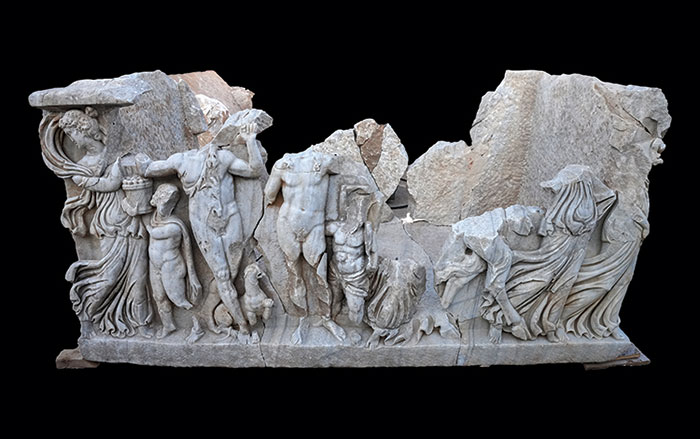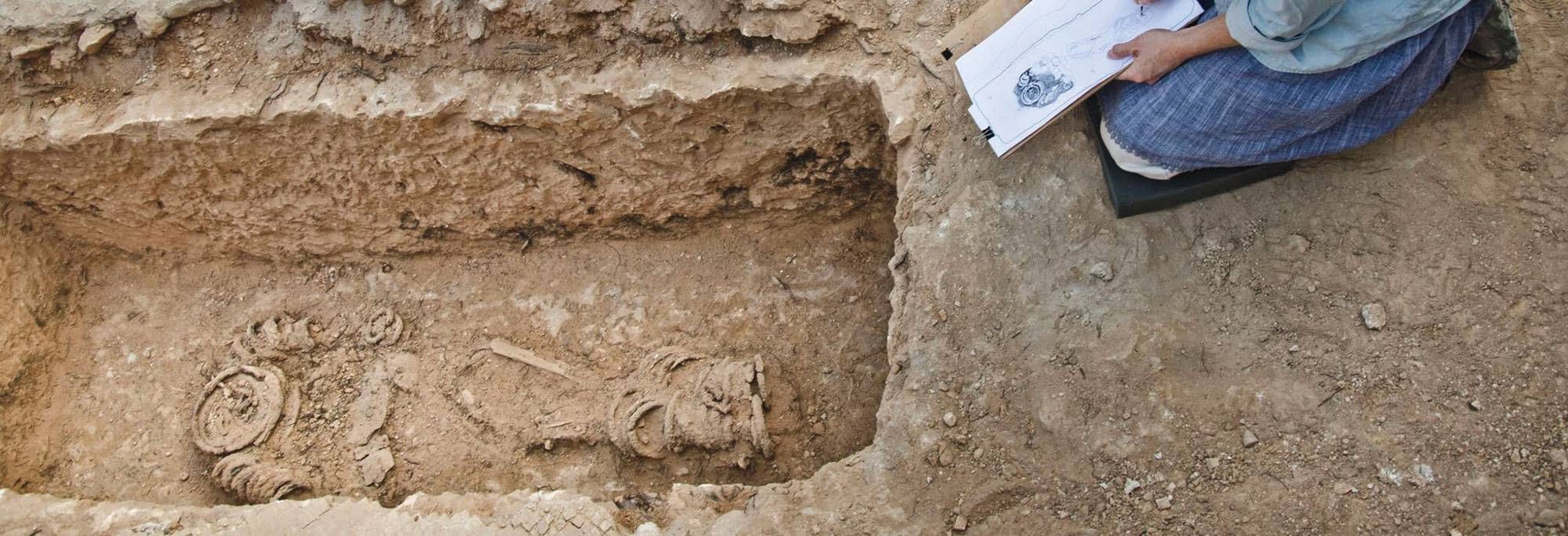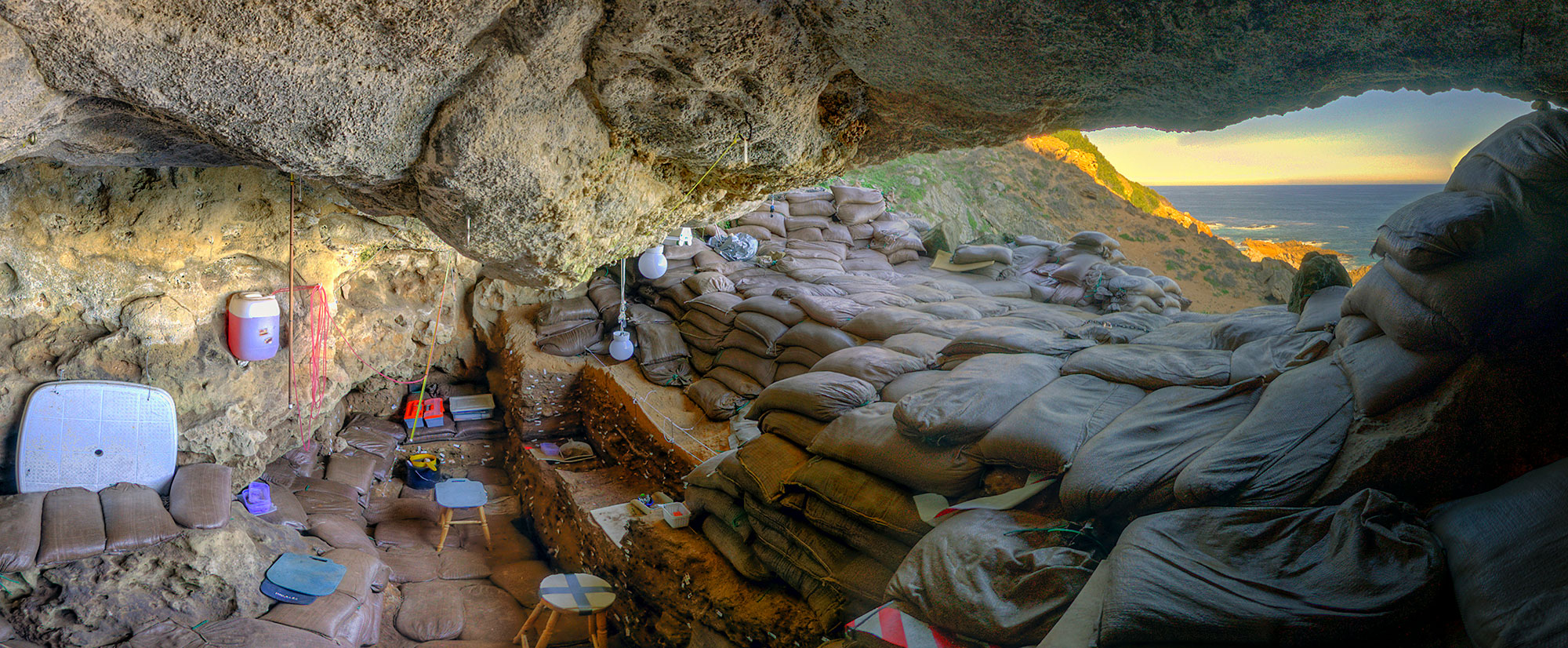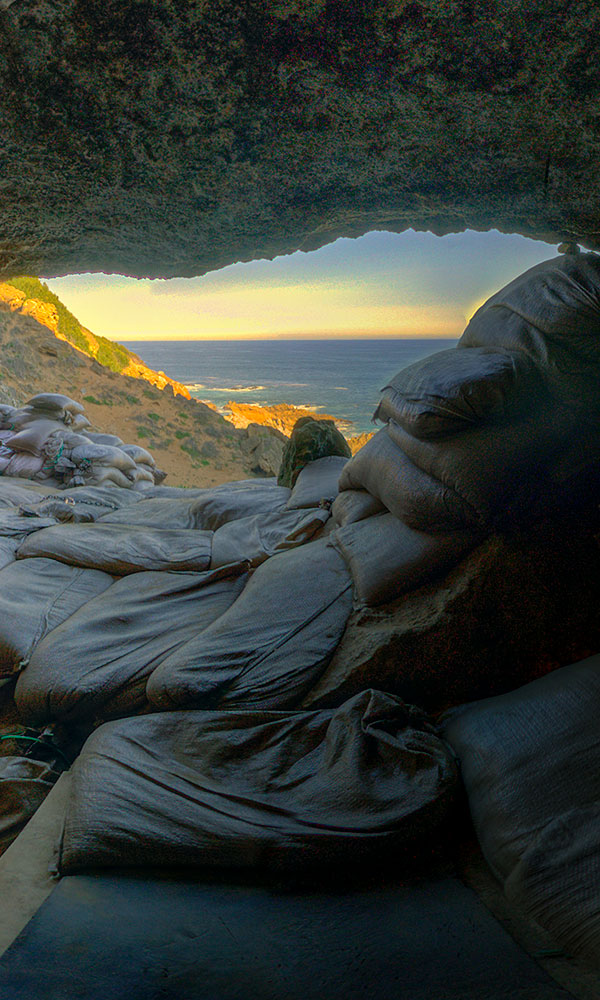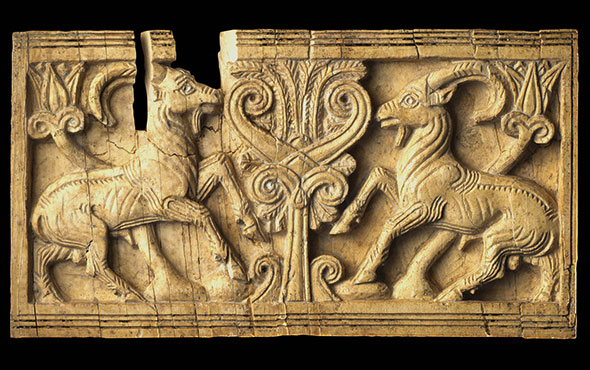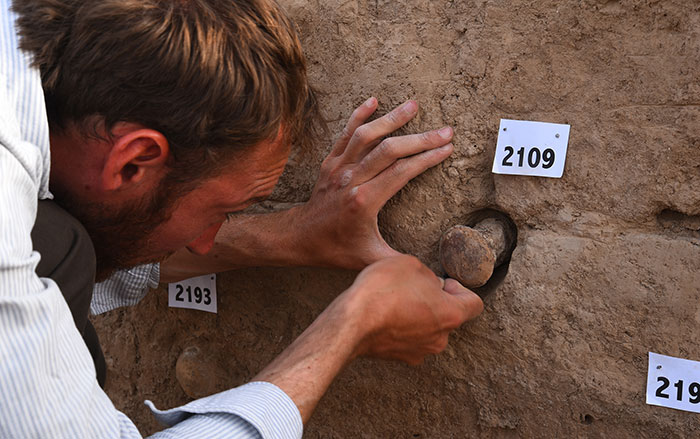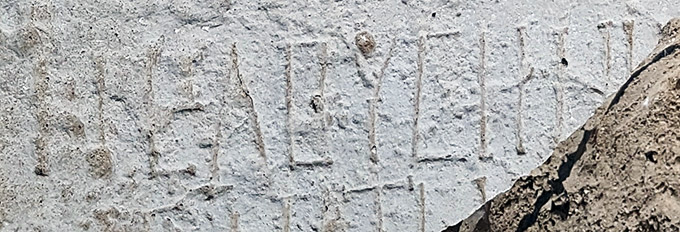
COLOGNE, GERMANY—The Times of Israel reports that a team of German and Israeli archaeologists led by Michael Heinzelmann of the University of Cologne has found a Greek inscription identifying the site of Halutza, an ancient city in the Negev Desert on the Incense Route, which linked the Arabian Peninsula to the Mediterranean. The inscription, which dates to A.D. 300, was found near a monumental bathhouse, and refers to Elusa, a name known from historic documents, including the Madaba mosaic map, which was discovered on the floor of a Byzantine-era church in Jordan. The city also boasted nine churches, three pottery workshops, a large theater, and a huge building with columns. Tali Erickson-Gini of the Israel Antiquities Authority said looting during the Ottoman period destroyed much of the ruins. To read about the discovery of a brick inscribed with a portion of the Odyssey, go to “Epic Find.”


